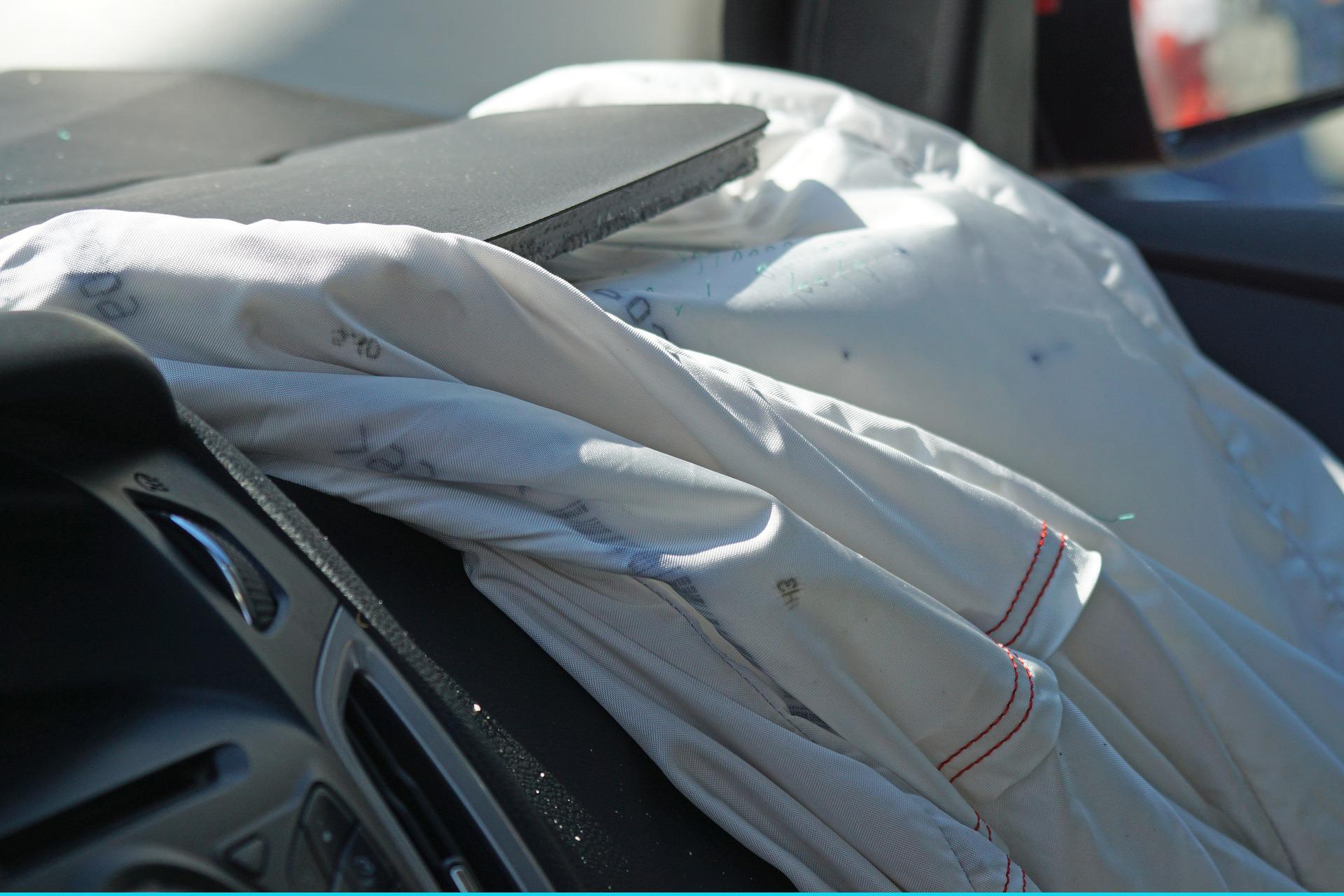Illinois workers’ compensation laws were left out of the approved budget, keeping reform stalled in the state. The House of Representatives overrode vetoes on bills 6, 9 and 42, which all cover government spending and tax increases along with the budget implementation.
The budget battle in the state killed the bipartisan reform, which aimed to bring down the costs of workers’ compensation for businesses while protecting workers that have been injured on the job.
The reform is likely to take until 2018 to pass, as politicians enter campaign season.
The National Federation of Independent Business and the Illinois Manufacturers’ Association both agree that another bipartisan attempt to correct workers’ compensation is unlikely in 2017.
Governor Bruce Rauner is likely to veto a pair of workers’ compensation bills that passed through the General Assembly and was heavily favored by Democrats. Rauner is opposed to the state’s workers’ compensation plan that has gained support from Democrats, trade unions and medical groups.
The state’s workers’ compensation claims greatly surpass the national average. A typical claim costs $15,626, while the average in 17 states is just $10,354. Illinois’ seven days off of work averages $48,898, or 21% higher than other states in the study.
Claims in the state were down 6% between 2010 and 2013 thanks to a 2011 reform bill that aimed to lower the cost of claims for businesses. The high cost of claims is hitting small and large businesses in the state, causing a financial crunch in the process.
Rauner states that workers’ compensation is costing employers $3 billion annually.
Data from 2011 – 2016 shows that claims filed have fallen by 15%, while insurance profits rose 22% during the same time period. Insurance companies have paid out less to employees filing claims, too, with 19% less in benefits provided to employees.
Lower payouts may result in claimants receiving less compensation than they deserve despite rising insurance premiums and business responsibilities.
Illinois does not regulate workers’ compensation insurance company profits. The state does not regulate cost savings either, which are passed on to employers to create more jobs. Advocates of reform in the state are calling for lawmakers to regulate insurance companies and provide additional protections to workers.
Employers, often responsible for high workers’ compensation premiums, are suffering from higher premiums despite lower claim filings. Advocates are calling for the additional savings to be passed on to the state’s businesses so that they can create more jobs in the process and boost the local economy.


